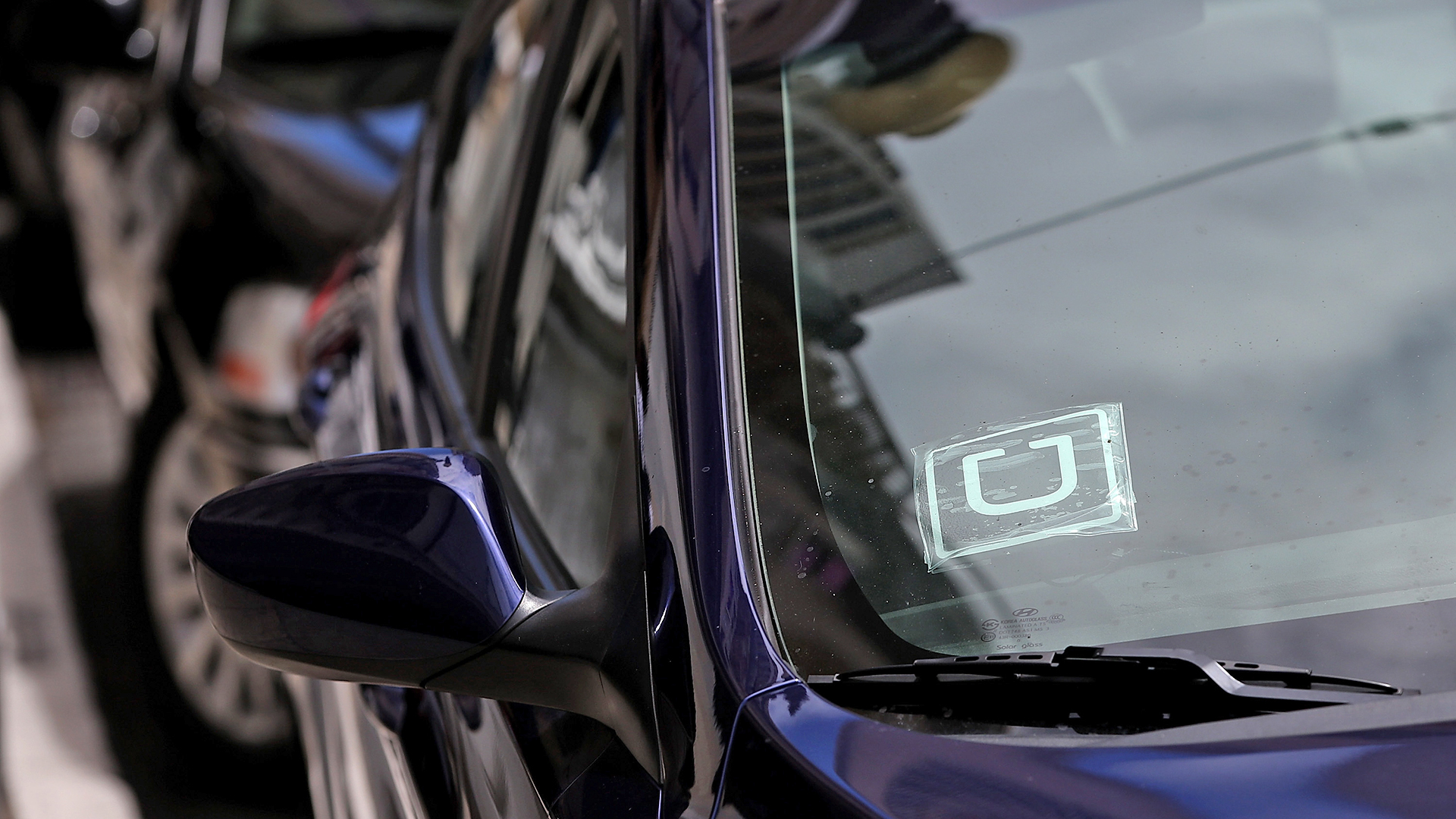

Uber won a major legal victory when a three-judge panel ruled that drivers seeking to be classified as employees rather than independent contractors couldn’t move forward with a class-action lawsuit against the company.
In a unanimous decision, the Ninth U.S. Circuit Court of Appeals reversed a lower court’s decision giving the case class-action status, reports Reuters. The judges said the arbitration clause in the contracts that drivers sign with Uber prevents them from pursuing a class-action lawsuit against the ride-hailing company.
Class actions let people with similar grievances sue as a group, which can often lead to better outcomes as mounting a sustained court case against a large corporation can be prohibitively expensive for individuals. In this case, multiple drivers are suing Uber arguing that they should be treated as employees.
But when drivers join Uber, they are forced to sign an agreement compelling arbitration, a private process for settling disputes that generally favors companies over individuals. The judges ruled that arbitration was necessary in light of the U.S. Supreme Court’s ruling in Epic Systems v. Lewis earlier this year, and the Ninth Circuit’s ruling in another case against Uber in 2016.
Multiple lawsuits have sought to classify Uber drivers as employees. Many drivers have argued that they do enough work for the company to justify things like benefits. But Uber claims that most of its drivers are part-timers who don’t work many hours, and view driving as a side hustle. Any court decision classifying Uber drivers as employees, rather than independent contractors, could have major ramifications for the so-called “gig economy,” which is based on this model.
The number of lawsuits against Uber is piling up. Earlier this year, a federal judge in Philadelphia ruled that drivers should be considered independent contractors, but Uber now faces another lawsuit in California claiming the company misclassified drivers that should have been considered employees under state law. Last year, a London court ruled that Uber drivers were employees, and Uber is currently fighting a lawsuit in Brazil making similar claims.
If Uber was forced to treat its drivers as employees, its operating costs would rise substantially. That’s something Uber probably wants to avoid as it heads toward an expected initial public offering in 2019. It’s no wonder Uber’s end game is to replace its human drivers with cars with autonomous technology.